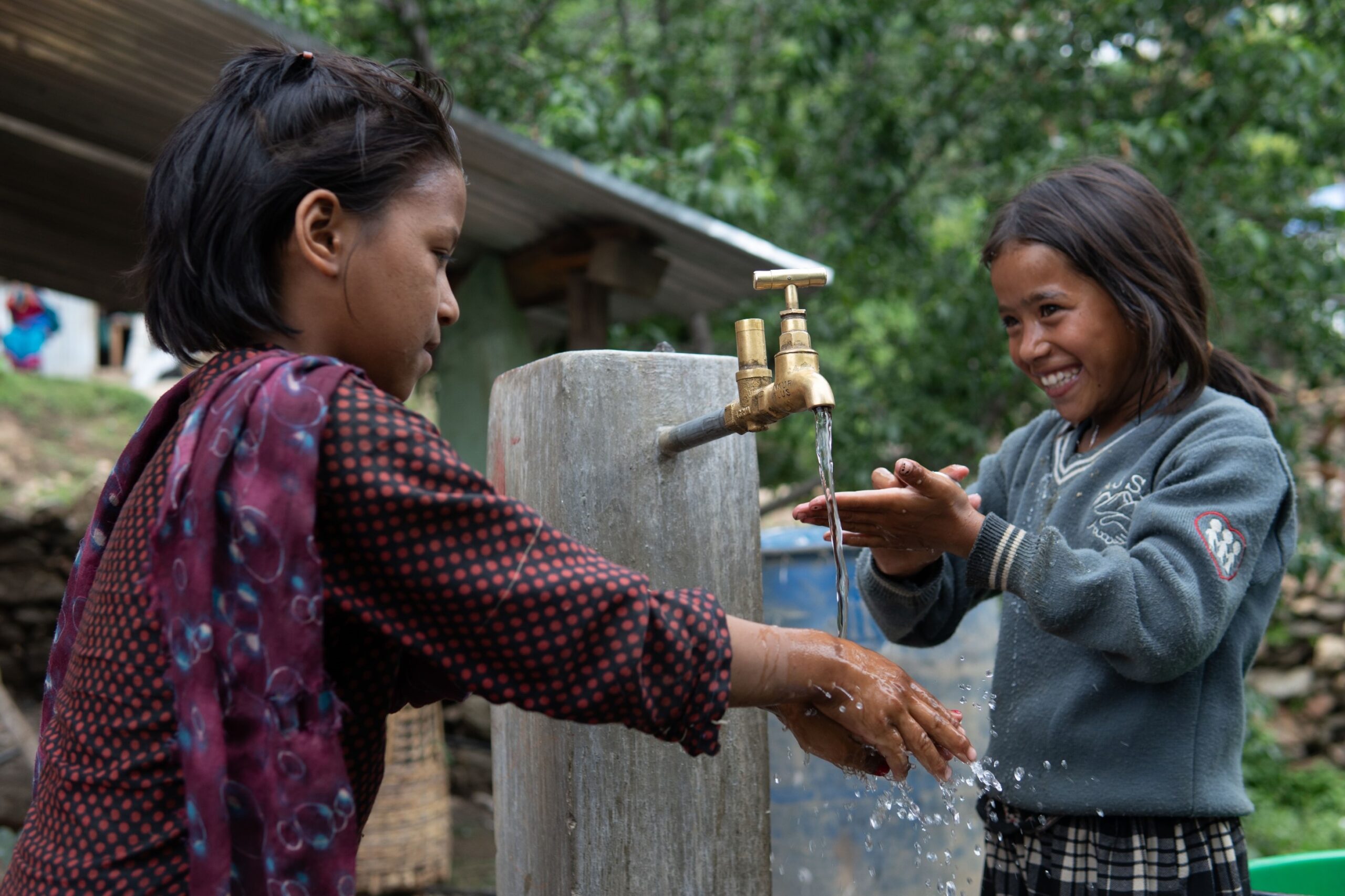International

The Nepal Climate Change Support Programme (NCCSP) Phase 2 is a transformative initiative that empowers local communities to lead climate adaptation efforts, fostering resilience and sustainable development in one of the world’s most climate-vulnerable regions.
Located in the heart of the Himalayas, Nepal is one of the most climate vulnerable countries in the world, facing immense challenges from its impacts. Vulnerable communities, particularly those in rural areas, struggle with unpredictable weather patterns, scarce water supplies, and threats from natural disasters.
Seeking increased resilience to climate change, the Government of Nepal and British High Commission Kathmandu (BEK) had four key problems to address:
- The significant gap in climate finance absorption and utilization capacity
- The lack of Locally Led Adaptation and community engagement
- Insufficient knowledge and practice in designing climate-resilient infrastructure
- Discrepancies in policy implementation across different levels of government
The six-year Nepal Climate Change Support Programme Phase 2 (NCCSP2) responded to these needs, empowering local communities to lead adaptation efforts. Through a robust partnership between local governments, community groups, and international organisations, the program developed sustainable solutions for climate resilience. Working with Pegasys, Mott MacDonald delivered vital technical assistance and project management support, helping design and implement climate-resilient infrastructure and services and strengthening institutional systems to create effective climate policies and programmes. This included pioneering Locally Led Adaptation (LLA), an established strategy to promote self-reliance and resilience within communities, ensuring that those most affected by climate change had their voices heard and needs addressed. Mott MacDonald’s experts utilised digital tools to prioritise adaptation areas based on real climate data and provided capacity-building support to ensure that local governments had the skills and knowledge to implement and sustain adaptation projects.
But delivering a climate adaptation program in Nepal wasn’t without its challenges. Nepal’s federal transition and the global COVID-19 pandemic presented significant hurdles. Despite this, NCCSP2 demonstrated adaptability and inclusivity, focusing on women and marginalised communities to promote equitable development and strengthen Nepal’s social fabric.
Significant outcomes included:
-38 Local Adaptation Plans of Action (LAPAs) serving as strategic blueprints for local governments to build resilience and protect communities from climate-related hazards
-477 locally led climate-resilient community infrastructure projects, contributing to economic development, poverty reduction, community resilience, agricultural transformation, water supply, disaster risk reduction, sustainable forestry, and renewable energy.
-19 dedicated learning deliverables on crucial topics like climate-evidence-based planning, climate-resilient infrastructure, and Political Economy Analysis.
-More than 550,000 people directly benefitted of which more than 50% were women, demonstrating the programme’s commitment to gender equality.
-Mobilised more than £12 million (about £11 million Financial Aid from the UKAid and £1.6 million cofinancing from the local government and communities) for climate change purposes.
Among the many successes of NCCSP2 was the construction of Nature-Based Solutions, including bamboo crib walls for slope stabilisation and water source protection schemes, which sustainably addressed immediate threats whilst promoting long-term environmental stewardship.
NCCSP2’s success in enhancing climate resilience and protecting communities from climate-related hazards has inspired future initiatives and highlighted the importance of placing communities at the heart of climate adaptation strategies. Already, the climate resilience measures refined throughout the lifecycle of NCCSP2 are being implemented in new FCDO projects, including the Resilience, Adaptation, and Inclusion in Nepal (RAIN) project.
View the Mott MacDonald profile in the MCA Members Directory.

